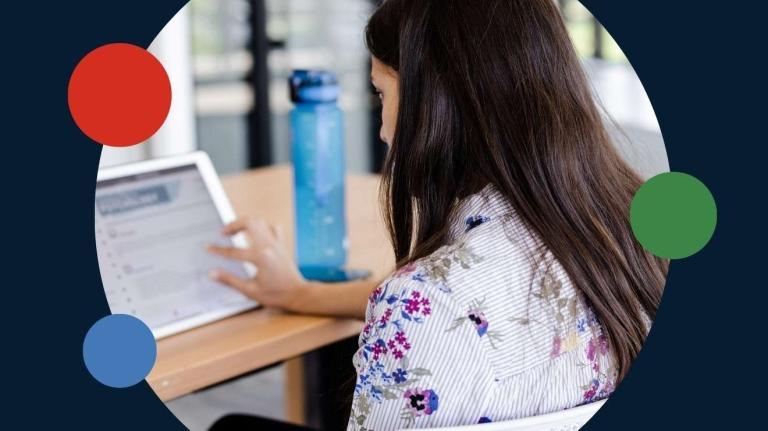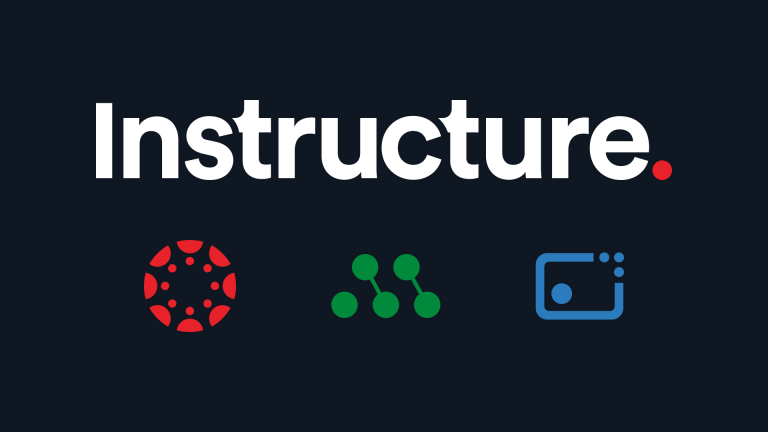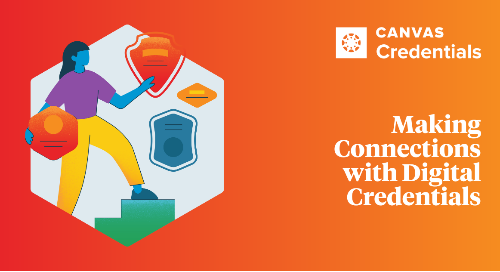Now more than ever, your organization requires a modern learning ecosystem to recognize, personalize, and visualize your learner’s professional journey.
What exactly constitutes a modern learning ecosystem?
Consider the following:
- Awards, representing valuable skills and competencies, must be digital and must be issued in real-time.
- Each skill and/or competency demonstrated should be substantiated and personalized with relevant evidence that can help your learners and your organization make informed decisions.
- Achievements earned throughout a learner’s journey must be reflected along a continuum of learning in a way that is both actionable and intuitive.
- As a whole, a learner’s entire record of achievement must be untethered from any one system to maximize portability and independence.
Enter Canvas Credentials, a global network built on open standards to help learners achieve anything and to empower organizations to recognize everything.
Learning happens everywhere. According to an article in The New York Times, one-third of all undergraduates are enrolled in online classes; thirteen percent are learning exclusively online; and online course-taking has increased for 14 consecutive years, even as overall enrollment has declined. The number of experiential and project-based learning opportunities has grown exponentially.
This shift in the diversity of learning experiences is why we’ve made it easy for organizations (also called “issuers”) to award digital, data-rich Open Badges for both traditional and non-traditional learning experiences. A few of these data points may include the name of the individual who received the award, which organization issued the award, and when. These are some examples of what is sometimes referred to as “metadata”. Awards like these can be issued from the Credentials platform, through API integration, or within their learning management system of choice.
We know that learning experiences, however standardized, are put into practice in unique and sometimes adaptive ways. Therefore, in addition to recognizing any type of learning experience, Canvas Credentials enables organizations to attach evidence to awards. This provides meaningful context for how the award was earned and ultimately demonstrated. This not only increases the value of awards but also personalizes each one, making it uniquely valuable.
We know that learning experiences, however standardized, are put into practice in unique and sometimes adaptive ways.
Mastery isn’t a destination; rather, it’s a directional pursuit that unfolds over a learner’s lifetime. Using the Canvas Credentials Pathways tool, organizations can meaningfully scaffold achievements into landscapes of learning. Doing this helps learners know where they are in their learning journey and discover their next step. Pathways also help coaches and mentors visualize and support the momentum of their learners as well as motivate them.
Hundreds of learning management systems exist to cater to the needs of instructional designers, specialists, training organizations, professional development providers, and more. With so many places to learn, doesn’t it make sense to issue awards that are based on open and interoperable standards? Canvas Credentials was built with this philosophy in mind, ensuring that every award is portable and learner-owned. Canvas Credentials currently supports hundreds of interconnected badging systems and platforms worldwide and powers the world’s leading digital badging developer community.
Mastery isn’t a destination; rather, it’s a directional pursuit that unfolds over a learner’s lifetime.
To meet the growing needs of learners, modern learning ecosystems must not only provide learners with compelling learning experiences, but with meaningful recognition. This recognition should honor any type of learning at any level, and awards should be paired with evidence or aligned to standards to ensure rigor and value. Experiences gained deserve appropriate context and help learners, as well as consumers of those credentials, know where they are in their learning journey, and understand how they can meet their evolving learning goals. Modern recognition also means that every award aligns with open standards, ensuring that each award is personalized and portable. The Instructure team believes that these are the requirements that learners deserve, and we’ve made it easy for organizations to meet those needs.
To learn how microcredentials are helping FGCU close the skills gap and respond to changes both in the workforce and in external expectations of the university, read the case study here.
Related Content
 item_authoring.jpg
item_authoring.jpgBlogs
 inst-default
inst-defaultBlogs
 mpa_2026_states.jpg
mpa_2026_states.jpgBlogs

